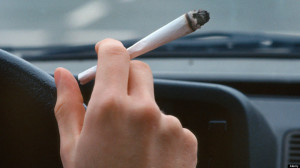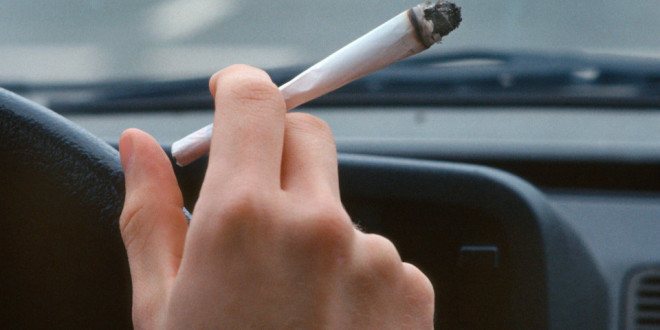California marijuana advocates have killed a bill in the legislature that could have landed countless innocent drivers in jail.
The bill, sponsored by Democratic Assemblyman Jim Frazier, would have made it a crime to drive with a certain amount of THC in the bloodstream. THC is the psychoactive chemical in marijuana.
A growing number of states are adopting this “per se” approach to stoned driving, the same approach used with drunk drivers. But it’s a poor fit with cannabis, which doesn’t work on the system in the same manner as alcohol.
Booze is flushed out of the bloodstream rapidly, in a matter of hours. By the time a motorist has sobered up, blood alcohol levels have typically dropped below .08, the legal per se limit for driving in all 50 states.
So if a driver blows above .08 on a Breathalyzer test, in all likelihood he or she would still be drunk. But a motorist who tests above the legal limit for THC may well be sober.
That’s because THC leaves metabolites in the bloodstream that can linger for hours, days or even weeks in heavy users. These metabolites don’t necessarily cause intoxication, but they do show up on drug tests.
Frazier’s bill would have set the limit at 2 nanograms of THC per milliliter of whole blood. That’s lower than in many other states that have adopted per se laws, where the limit is typically 5 nanograms per milliliter.
What’s more, THC levels on drug tests don’t correlate to roadway impairment in the same way alcohol tests do. Many users with tolerance to the drug can drive without impairment. The FDA, for example, allows people who use Marinol, a pill form of THC, to drive once they’ve adjusted to the drug.
Frazier’s bill was killed in an Assembly committee April 29. Frazier vowed to keep pushing for a per se bill, saying he had “eleven more years” to work on it.
 Reform advocates called the legislation “a solution in search of a problem.” Traffic fatalities, they noted, have declined substantially in California since the introduction of medical marijuana 18 years ago.
Reform advocates called the legislation “a solution in search of a problem.” Traffic fatalities, they noted, have declined substantially in California since the introduction of medical marijuana 18 years ago.
Between 1999 and 2012, the number of fatal roadway accidents in the state dropped from 3,148 to 2,632, said Dale Gieringer, leader of NORML in California.
Indeed, research from the Golden State and elsewhere suggests weed reform improves highway safety. Drivers appear to substitute marijuana for booze, studies show, and either drive stoned – which is dangerous but safer than driving drunk – or stay home and don’t drive at all.
 California Marijuana Market Breaking "Marijuana News" from CA
California Marijuana Market Breaking "Marijuana News" from CA


